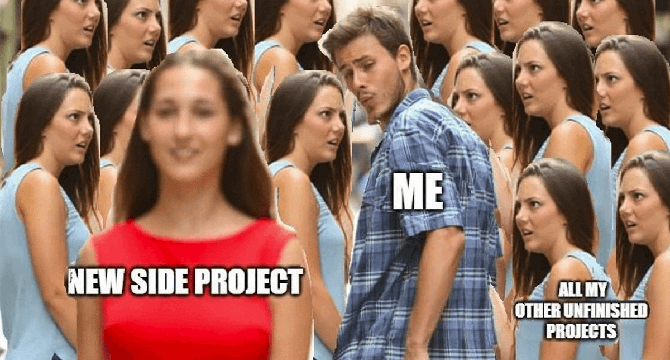UX Design
7d
207

Image Credit: UX Design
Beyond procrastination: the cognitive reasons behind unfinished projects
- Our relationship with incomplete work is far more nuanced than simple procrastination. In fact, it’s quite common.
- Our brain’s dopamine reward system creates a neurochemical response to new experiences, resulting in dopamine-driven novelty seeking.
- Cognitive challenges like complexity overwhelm and cognitive load complexity become obstacles to overcome as project complexity increases.
- Fear is a primal emotion that shapes our most intimate professional decisions, and fundamental psychology can play a part in preventing project completion.
- Unfinished projects represent infinite potential, while completion means confronting actual versus imagined capabilities, which can be psychologically threatening.
- Transformative developers are those who remain curious and adaptable. They don't persistently complete every project.
- Intentional pruning and a disciplined approach mean deliberately limiting project scope to ensure meaningful completion.
- Graceful project closure acknowledges that not every project is meant to reach full completion, and this is a mark of personal and professional maturity.
- By understanding underlying psychological and neurological mechanisms, unfinished projects can become a strategic instrument of self-development.
- Engage careful analysis, self-awareness, and several targeted techniques to channel your creative impulses more effectively, balancing with meaningful execution.
Read Full Article
12 Likes
For uninterrupted reading, download the app